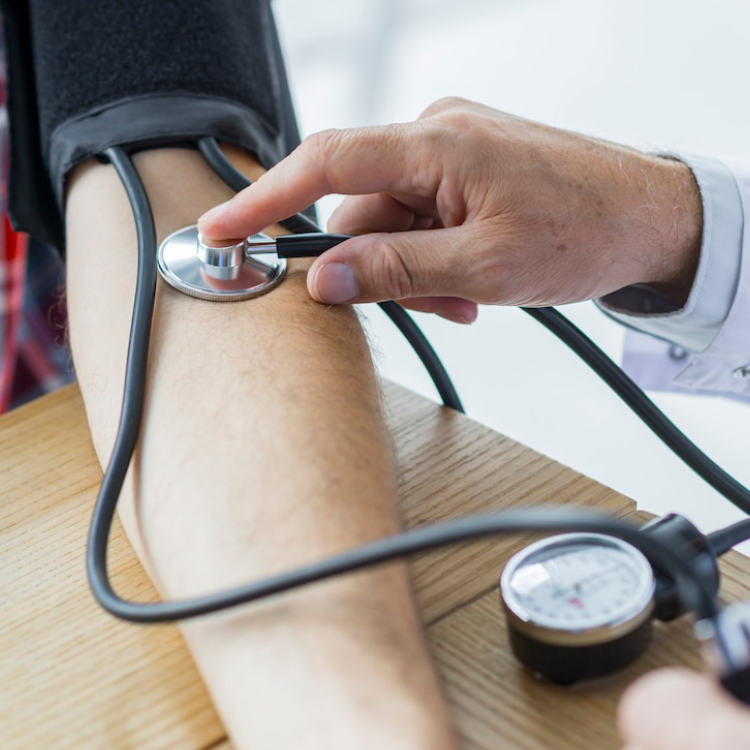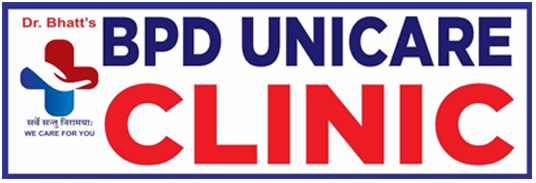Hypertension
Hypertension, commonly known as high blood pressure, is a prevalent and potentially serious medical condition characterized by elevated blood pressure levels in the arteries. It is often referred to as the "silent killer" because it typically presents with no symptoms, yet it can lead to severe health complications if left untreated, including heart disease, stroke, kidney damage, and vision loss.
Prevention and management of hypertension are crucial for reducing the risk of associated complications. Lifestyle modifications play a central role in controlling blood pressure levels. These include adopting a healthy diet rich in fruits, vegetables, whole grains, and low-fat dairy products while limiting sodium intake, reducing alcohol consumption, maintaining a healthy weight, and engaging in regular physical activity. In addition to lifestyle changes, medication may be prescribed to manage hypertension, especially for individuals with high blood pressure that is not adequately controlled through lifestyle modifications alone.

Antihypertensive medications, such as diuretics, ACE inhibitors, angiotensin II receptor blockers, beta-blockers, and calcium channel blockers, work by different mechanisms to lower blood pressure levels and reduce the risk of cardiovascular events.
Regular monitoring of blood pressure is essential for individuals with hypertension to track their progress and ensure that their treatment plan is effective. Home blood pressure monitoring devices are available, allowing individuals to monitor their blood pressure levels conveniently and share the results with their healthcare providers for evaluation and adjustment of treatment as needed. In addition to individual-level interventions, population-based approaches are necessary to address the burden of hypertension at a societal level. Public health initiatives aimed at raising awareness of hypertension, promoting healthy lifestyle behaviors, and improving access to healthcare services can contribute to reducing the prevalence and impact of hypertension on communities.
Furthermore, addressing the social determinants of health, such as access to nutritious food, safe environments for physical activity, and equitable healthcare services, is essential for addressing disparities in hypertension prevalence and outcomes among different populations. Overall, a comprehensive approach that combines lifestyle modifications, appropriate medical treatment, regular monitoring, and population-based interventions is essential for effectively preventing and managing hypertension, reducing its burden on individuals and society, and improving overall cardiovascular health.
